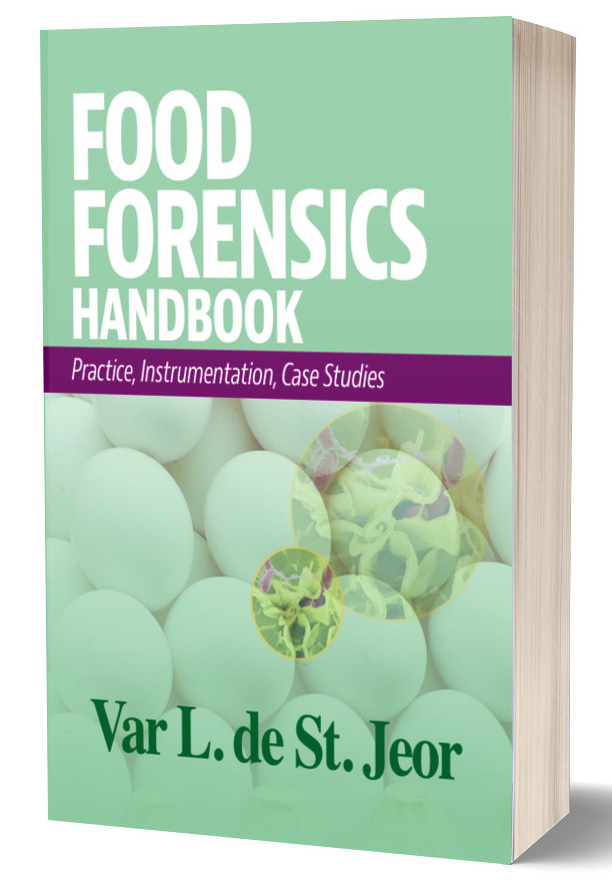EU Expands Responsibility for Listeria Criteria in RTE Foods to Additional Food Business Operators

Image credit: Freepik
The European Commission has amended Commission Regulation (EU) 2073/2005 on the microbiological criteria for foods to expand the requirements for food business operators regarding Listeria monocytogenes.
The original regulation stipulates that L. monocytogenes is not to be detected in 25 grams (g) of ready-to-eat (RTE) foods able to support the growth of the pathogen (other than those intended for infants and for special medical purposes) before they have left the immediate control of the food manufacturing facility, in cases where the producer is unable to demonstrate that the level of L. monocytogenes will not exceed the limit of 100 colony forming units (cfu)/g throughout the shelf life of the foods concerned. However, Regulation (EC) No 2073/2005 does not provide a requirement that applies to those foods once they have left the immediate control of the producing food business operator. The amendment to the regulation expands the requirement for food manufacturers to other food business operators.
According to the revised regulation, the responsibility for ensuring that L. monocytogenes is not present in covered RTE foods now applies to all situations where those foods are placed on the market throughout their shelf life, and for which the producing food business operator has not been able to demonstrate that the level of L. monocytogenes will not exceed the limit of 100 cfu/g throughout its shelf life.
The new requirement will take effect on July 1, 2026.
The amendment was prompted by the European Food Safety Authority’s (EFSA’s) latest zoonoses report, which found that the number of listeriosis cases recorded in the EU increased by 15.9 percent between 2021 and 2022, and noted that 2022 saw one of the highest numbers of listeriosis cases in the last decade. To better guard the public from foodborne L. monocytogenes infection, the European Commission decided to provide a more consistent level of protection throughout the food supply chain.
Consuming foods contaminated by L. monocytogenes at levels exceeding 100 cfu/g is potentially injurious to health. Therefore, the L. monocytogenes criteria in EU 2073/2005 focuses on RTE food that is able to support the growth of the pathogen beyond the limit of 100 cfu/g throughout its shelf life.
Looking for a reprint of this article?
From high-res PDFs to custom plaques, order your copy today!







